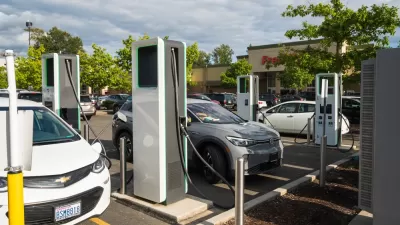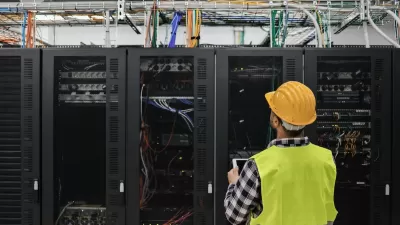A new MIT study finds that transitioning residential heating from natural gas to electric heat pumps can significantly reduce carbon emissions and operational costs.

A recent MIT study highlights the potential benefits of transitioning residential heating from natural gas to electric heat pumps. This shift could significantly reduce carbon emissions and operational costs across both the electric power and natural gas sectors. The research underscores the importance of electrifying buildings, especially in colder regions where heating demands are substantial, as a crucial step toward decarbonizing the U.S. energy system.
As reported by Nancy W. Stauffer, the study utilized a comprehensive modeling framework to assess the impacts of various levels of residential heating electrification. Findings indicate that increased electricity demand from heat pumps can be managed effectively by the power sector, leading to net reductions in overall emissions. Simultaneously, the natural gas sector could experience decreased demand, resulting in lower operational costs and emissions.
Implementing this transition requires careful planning to address challenges such as infrastructure investments and grid reliability. However, the study suggests that with strategic coordination between the electric and natural gas industries, electrifying residential heating presents a viable pathway to achieving significant environmental and economic benefits.
FULL STORY: Reducing carbon emissions from residential heating: A pathway forward

Planetizen Federal Action Tracker
A weekly monitor of how Trump’s orders and actions are impacting planners and planning in America.

San Francisco's School District Spent $105M To Build Affordable Housing for Teachers — And That's Just the Beginning
SFUSD joins a growing list of school districts using their land holdings to address housing affordability challenges faced by their own employees.

The Tiny, Adorable $7,000 Car Turning Japan Onto EVs
The single seat Mibot charges from a regular plug as quickly as an iPad, and is about half the price of an average EV.

Seattle's Plan for Adopting Driverless Cars
Equity, safety, accessibility and affordability are front of mind as the city prepares for robotaxis and other autonomous vehicles.

As Trump Phases Out FEMA, Is It Time to Flee the Floodplains?
With less federal funding available for disaster relief efforts, the need to relocate at-risk communities is more urgent than ever.

With Protected Lanes, 460% More People Commute by Bike
For those needing more ammo, more data proving what we already knew is here.
Urban Design for Planners 1: Software Tools
This six-course series explores essential urban design concepts using open source software and equips planners with the tools they need to participate fully in the urban design process.
Planning for Universal Design
Learn the tools for implementing Universal Design in planning regulations.
Smith Gee Studio
City of Charlotte
City of Camden Redevelopment Agency
City of Astoria
Transportation Research & Education Center (TREC) at Portland State University
US High Speed Rail Association
City of Camden Redevelopment Agency
Municipality of Princeton (NJ)





























